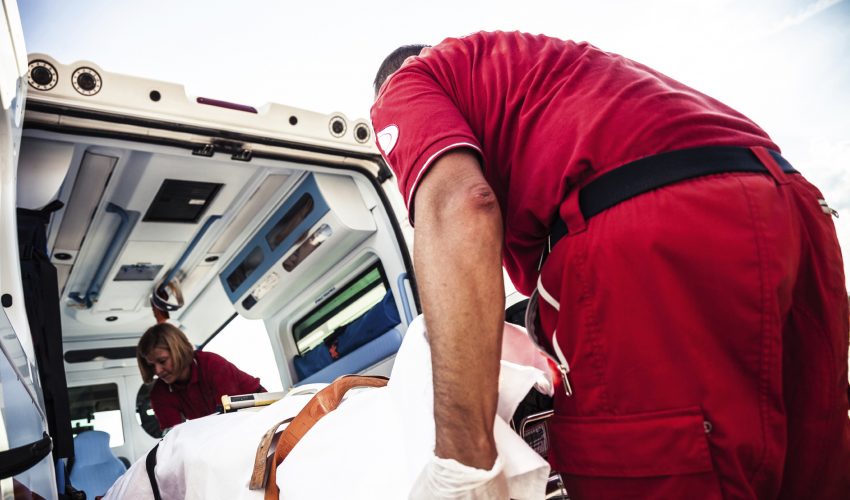Day after day, the news seemed to carry another story about a disturbing act of violence carried out by a mentally ill individual.
The people at Mental Health America of Middle Tennessee (MHAMT) were, naturally, concerned.
“We knew that we needed to share the message that 96 percent of violent crime is committed by people who don’t have a mental illness,” says Tom Starling, director of MHAMT.
They especially wanted to reach law enforcement and first responders, who as a matter of procedure, would put agitated mentally ill people in handcuffs and bring them to a hospital or jail, when the more effective and less costly action would be to bring them to a place where they would get treatment.
The organization started offering two established training programs, Mental Health First Aid and Applied Suicide Intervention, for first responders across the state, with support from BlueCross Health Foundation.
“It’s a way for them to learn how to make a referral rather than put the cuffs on a person who is mentally ill, or go to a crisis stabilization unit instead of having someone incarcerated,” says Starling.
“We’ve really begun to see that there can be savings for the community, as well as a little more dignity and respect for the people who are in psychosis and need help.”

The post Appropriate Response appeared first on Better Tennessee.

